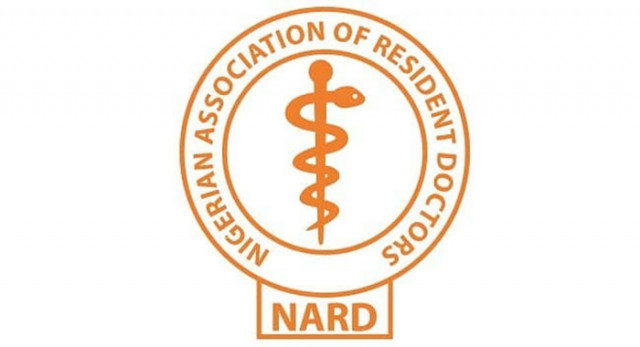The Nigerian Association of Resident Doctors has announced that its membership has reached 11,899.
The association, which constitutes around 40 percent of doctors in Nigeria, indicated that enhancing incentives and working conditions would motivate more doctors to stay in the country.
The NARD President, Dr. Tope Osundara, stated that raising the retirement age of healthcare workers from 60 to 65 years is not the sole solution to bridging the increasing human resource gap in the healthcare sector.
Osundara emphasized that efforts should concentrate on improving Nigeria's medical facilities and work environments to make them more appealing to doctors.
He remarked, "Increasing the retirement age is not the definitive answer to filling the human resources gap in the health sector. As you may observe, many doctors leave the country immediately after completing medical school without awaiting a job.
I know several who have been taking international exams to leave Nigeria. Recently, a consultant who finished residency in Nigeria was selected for a U.S. residency program, and this trend is becoming more prevalent.
In the past, Nigeria welcomed medical professionals from countries like India, but now there is a noticeable reverse—many of our doctors are migrating abroad for employment. If we enhance conditions here, we could even attract doctors from other nations to practice in Nigeria."
While recognizing that Nigeria may not match developed countries' standards, he suggested that adopting a system akin to that of those countries would be sufficient.
"Even if we can’t achieve 100 percent of developed nations' standards, a 70-80 percent similarity would create a sense of comfort for doctors, knowing that Nigeria is making its utmost effort within its available resources," he stated.
He noted that the challenges go beyond the medical field, impacting various sectors, saying, "Everyone is experiencing the effects of difficult working conditions. Retaining our top talent is vital for national development."
Concerning the retirement age increase, he pointed out that while it could benefit more active healthcare workers, productivity implications remain a worry.
He also raised concerns over the execution of the national policy on health workforce migration that was approved by President Bola Tinubu in August 2024.
Osundara remarked, "The Coordinating Minister for Health and Social Welfare, Prof. Muhammad Pate, has made efforts, but enforcement remains a challenge. Proposing a policy is one thing; ensuring it is implemented is another."
"For example, although the minimum wage has risen, there has not been a corresponding increase in doctors' salaries. How can we elevate standards when fundamental issues persist unresolved?"




















